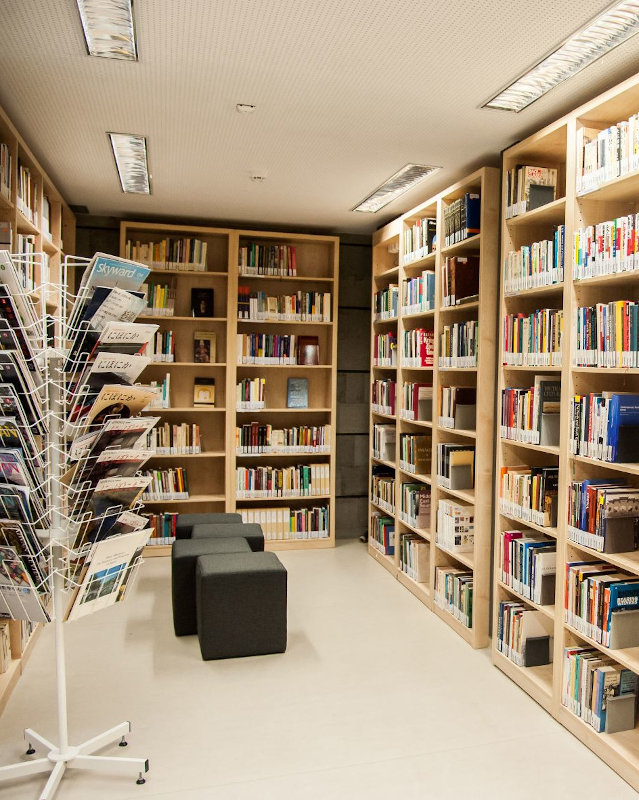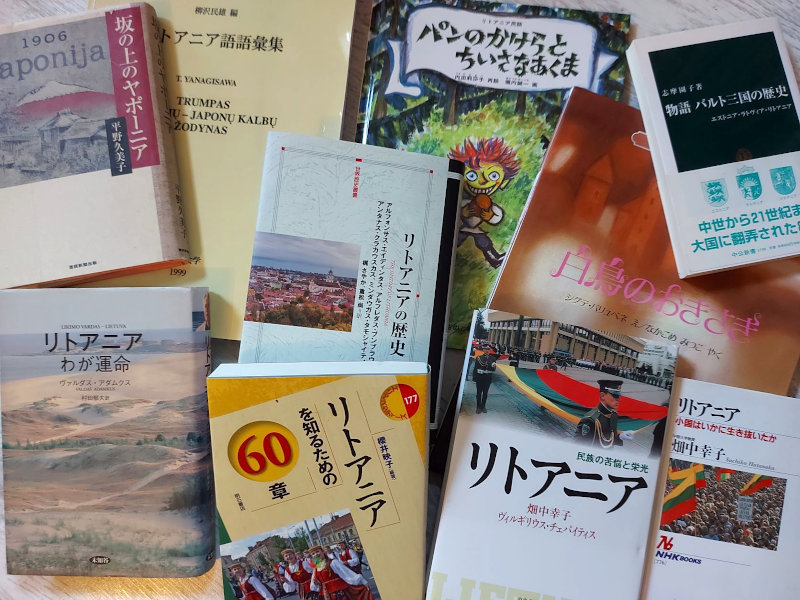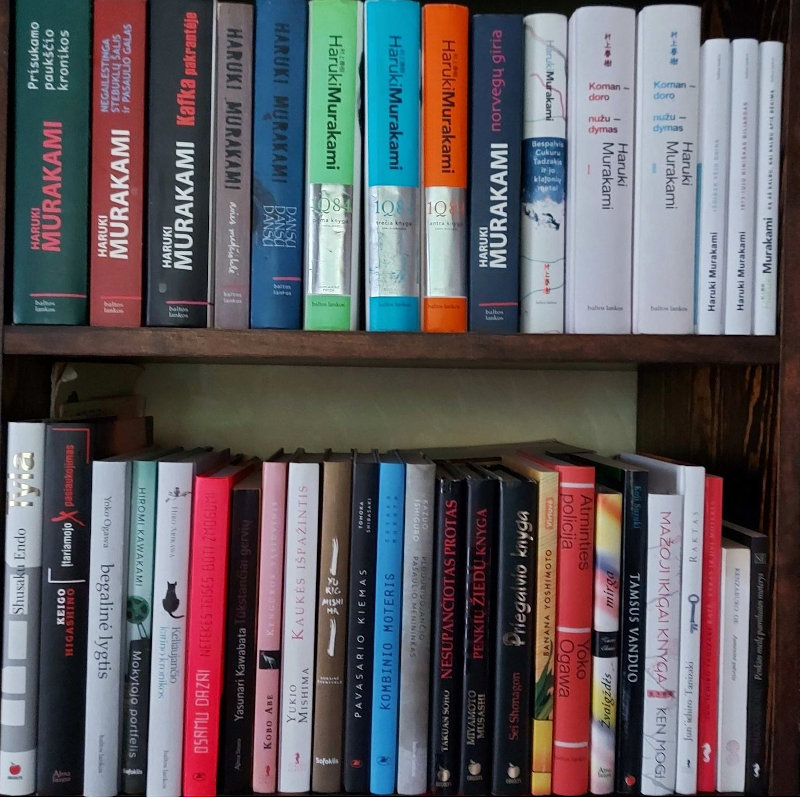Seeking mutual understanding through learning
Knowledge dissemination

EARLY REPRESENTATION OF JAPAN IN LITHUANIA
EARLY REPRESENTATION OF JAPAN IN LITHUANIA
Newspapers, Journals, and Missionaries
Despite the fact that there had been various publications about Japan in Lithuanian press since 1891, the vast majority of news and articles were translated from foreign news services or other publications. There were no Lithuanian reporters, who would live permanently in Japan. Consequently, a very generalized and exotic image of Japan was presented in the periodical publications and this distorted the picture of the country in some way.The situation started to change after the articles of Lithuanian missioners doing shepherding work in Japan were published. The most active missioners were the Jesuits and the Salesians and the most famous Salesian Lithuanian, who lived in Japan, was Albinas Margevičius.
Learn more...

KNOWLEDGE ABOUT JAPAN IN LITHUANIA SINCE 1980
KNOWLEDGE ABOUT JAPAN IN LITHUANIA SINCE 1980
Scientists, Travelers and Books
The soviet occupation in 1940 interrupted the development of Lithuanian japonology. The changes began with the 1990 independence when a great wave of interest and admiration in Japan emerged. This wave prompted the rise of Lithuanian researchers who started the development and dissemination of professional Japanese knowledge. Since then, in three decades, two main centers of Japanese studies in Lithuania have crystallized - the Institute of Asian and Transcultural Studies in Vilnius and the Center for Asian Studies in Kaunas. These institutions carry out research, accumulate book collections, expand libraries, and educate the young generation of Japanese researchers.Learn more...

LITHUANIA IN JAPAN: PEOPLE AND BOOKS
LITHUANIA IN JAPAN: PEOPLE AND BOOKS
Getting Acquainted with Lithuania Through Books
Probably everyone in Lithuania knows about Japan, but Lithuania, which appeared on the world map thirty years ago, has been unknown to the Japanese for a long time. Fortunately, such stories as Ch. Sugihara‘s 'Visas for Life' linked the two countries and increased the Japanese interest in Lithuania. In recent decades, Lithuania get more and more opportunities to present its culture through Fluxus works, theater and music exchanges, various exhibitions, and events.Learn more...

TRANSLATIONS OF JAPANESE LITERATURE
TRANSLATIONS OF JAPANESE LITERATURE
Acquaintance with Japan via Literature
Translated Japanese literature was always one of the most important ways to learn about the Japanese culture in Lithuania. Several translations of fiction appeared at the beginning of the 20th century, and translators have translated many more texts since 1960. Initially, there were no Lithuanians who knew the Japanese language in Lithuania. Thus, translators often translated Japanese literature via other languages, mainly Russian. However, gradually a new generation of translators, who knew Japanese, grew up. The first representative of this generation was Arvydas Ališauskas.Learn more...

EDUCATION, RESEARCH, AND SPORT
EDUCATION, RESEARCH, AND SPORT
Meet, Communicate, Understand
Japan and Lithuania have more than one possibility to learn about each other not only via culture, books, or international summits; youth exchanges are developing in groups of different ages. These exchanges bring together schools, organizations, and universities and enable them to meet, communicate, and understand directly. Lithuanian children, youth, and researchers use various forms of education and research to get familiar with Japan.Learn more...
